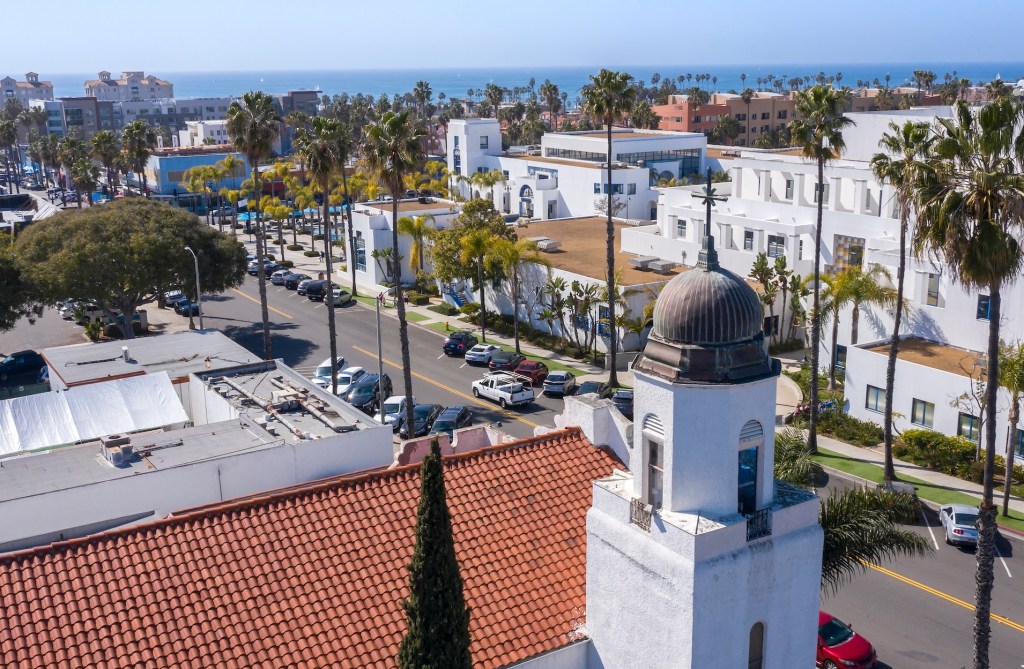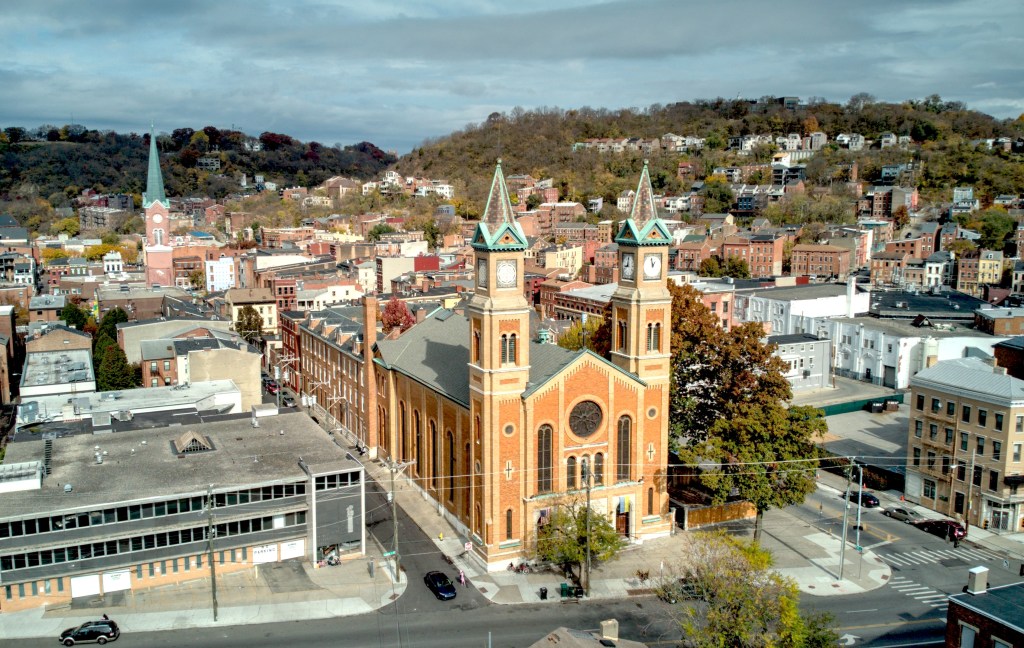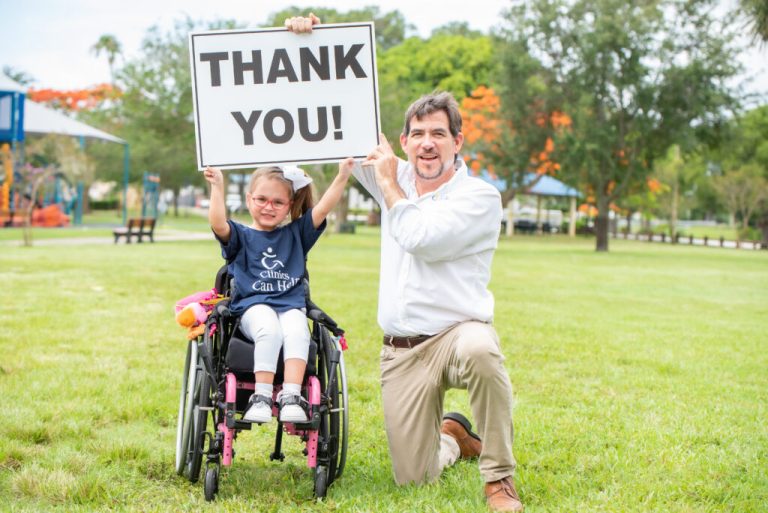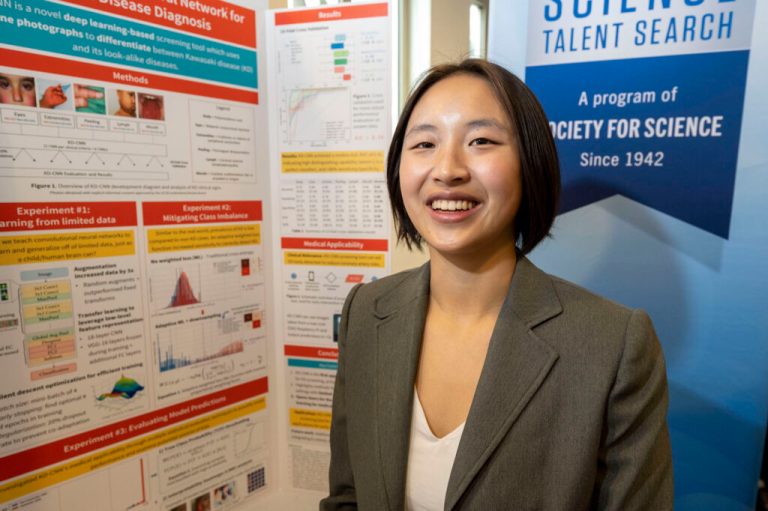As thousands of U.S. churches have shuttered in recent years, some houses of worship are embracing a growing trend that reflects their faith-based values: repurposing or selling their land to be used for affordable housing.
From coast to coast, churches with declining membership have partnered with developers to transform their unused spaces, urban planning expert Nadia A. Mian, who is building a database cataloging faith-based affordable housing developments across the country, reports for The Conversation.
Resulting constructions sometimes include spaces for the congregation while also incorporating other social impact initiatives — as is the case with Arlington Presbyterian Church in Virginia, which sold its historic stone building to nonprofit developers in 2016 to create a six-story affordable apartment complex. The complex still has an area for members to gather and also houses a bilingual culinary job training facility and cafe.
Emory United Methodist Church in Washington D.C. redeveloped its property into The Beacon Center, a 99-unit affordable housing complex. The new building preserved the sanctuary for the congregation and includes a commercial kitchen where job training is provided to formerly incarcerated people.

And last November, the Church of God in Christ, the largest Pentecostal denomination in the U.S., partnered with Enterprise and announced plans to create around “18,000 new affordable rental and homeownership opportunities and 72 community facilities — such as adult day care, child care, health clinics, and more — on vacant or underutilized church-owned land across the country.”
The trend showcases the impact of the Yes in God’s Backyard, or YIGBY, movement, launched in San Diego to address the housing crisis while countering Not in My Backyard, or NIMBY, factions — those opposed to affordable housing developments being built in their neighborhoods.
“Here in San Diego, yes, we do have concerned neighbors and anti-development people who are concerned about the ‘character’ of communities and all that stuff, but the city has really made a lot of development [easier] in the last five years,” Evan Gerber, the housing project manager for YIGBY, told Vox in June.
In California, the movement is aided by the Affordable Housing on Faith Lands Act, which was signed into law last October. The legislation streamlines the approval processes for religious institutions and non-profit colleges building affordable multi-family homes on their property. Washington passed a similar act in 2019.
Maryland, New York, and Virginia are also considering similar legislation, and a handful of cities, including Seattle and San Antonio, have already passed their own initiatives, per Governing. On a federal level, Ohio senator Sherrod Brown introduced the Yes in God’s Backyard Act this past March, proposing technical assistance for organizations to convert their properties.
“This bill is a commonsense solution — families need more housing they can afford, and churches, synagogues, and other religious organizations want to put their faith into action by developing housing on land they already own,” Brown explained to Vox. “By helping these institutions cut through red tape, we can lower the cost of housing and expand options for families in Ohio and around the country.”
Arlington Presbyterian member Jon Etherton clearly resonated with the idea of putting faith into action in this manner. Speaking to Mian for The Conversation, he reflected on the process of redeveloping the church, telling her, “the call from God to create, do something about affordable housing was bigger than the building itself.”











